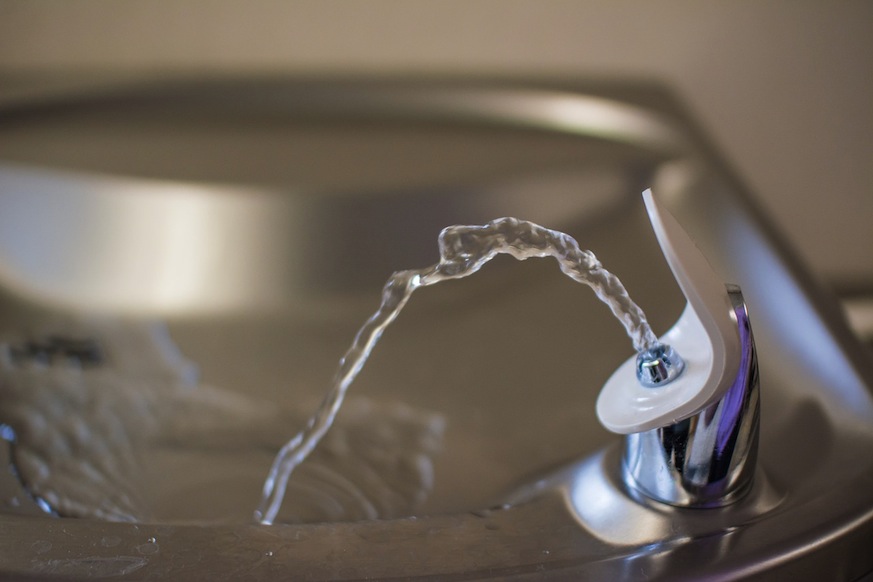State officials have honored Boston Public Schools for its efforts in testing school drinking water for lead.
BPS is one of the most proactive districts in the state, officials said, when it comes to testing, and thus has received an award from the Massachusetts Department of Environmental Protection (MassDEP).
The Environmental Protection Agency is responsible for ensuring the safety of the country’s drinking water, the MassDEP is responsible for managing the Lead Contamination Control Act in Massachusetts.
Lead contaminates drinking water through pipes and plumbing materials, and over-exposure to lead has been linked to stomach issues, brain damage, impaired growth, learning disabilities and more, and is especially harmful to children.
Through the Public Water Systems Awards, state officials award Massachusetts schools and communities who have “excellent” compliance with the state and federal drinking water regulations and who also have not received any violations in recent years.
BPS has shown that it’s gone further than the requirements when it comes to testing for lead.
In 2016, Boston Mayor Marty Walsh and BPS Superintendent Tommy Chang announced that the water in all district schools’ drinking fountains would be tested for lead at least once per year. That exceeds state regulations the require the testing of just two schools per district per year.
BPS also has a website that shares the water testing results for every school. Currently, 34 BPS school buildings have water fountains used for drinking, according to the district, while 98 school buildings do not have active water fountains and use bottled water coolers.
“Boston Public Schools has made an investment in the health and well-being of our students, staff, and general public through annual water testing,” Chang said in a statement. “Not only are we better able to spot issues as they arise, but our enhanced monitoring and infrastructure are allowing more water fountains to be re-activated. Water fountains with clean, safe water increase access to students who need hydration in order to be successful during the school day and are better for the environment than bottled water.”



















